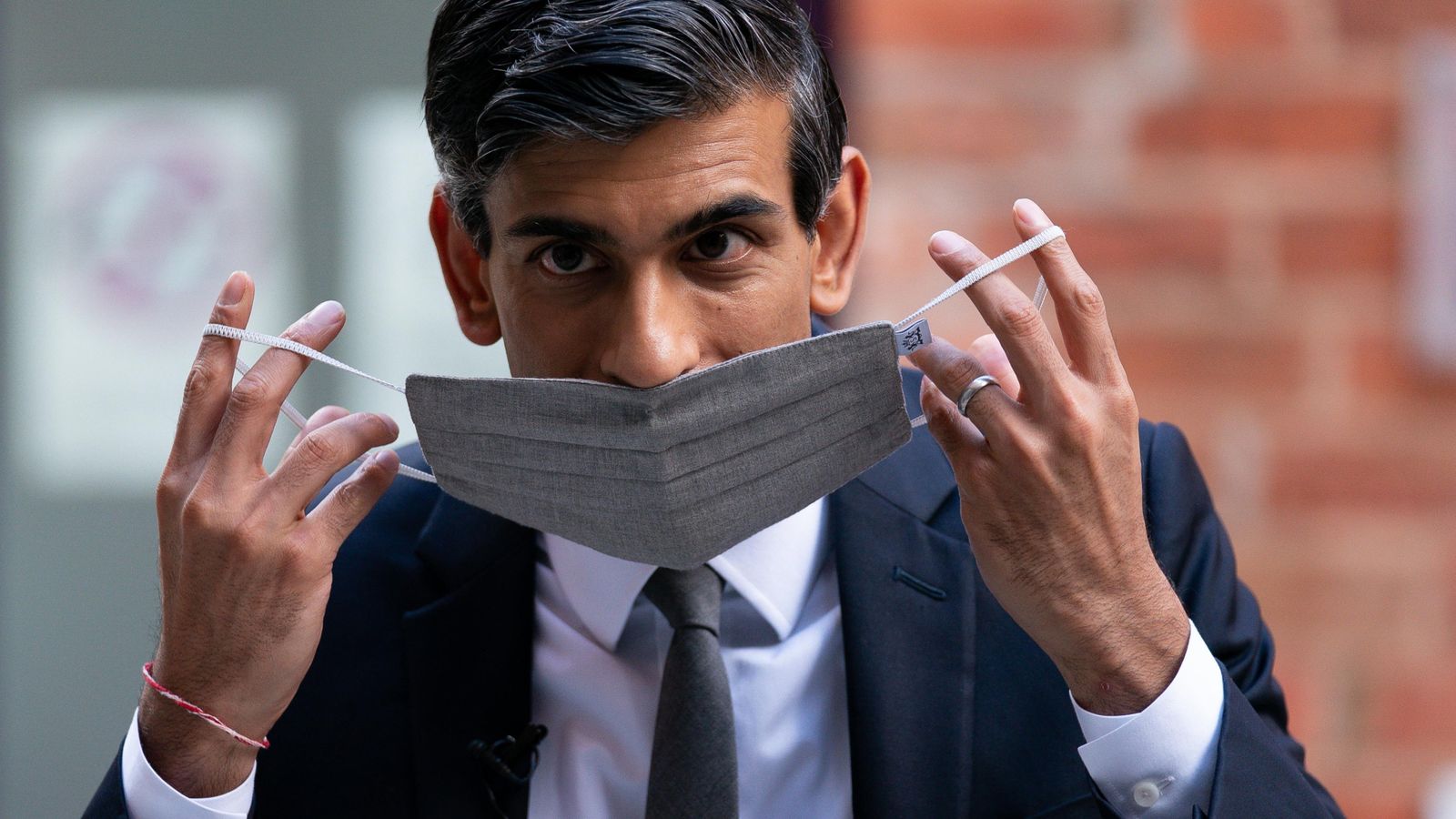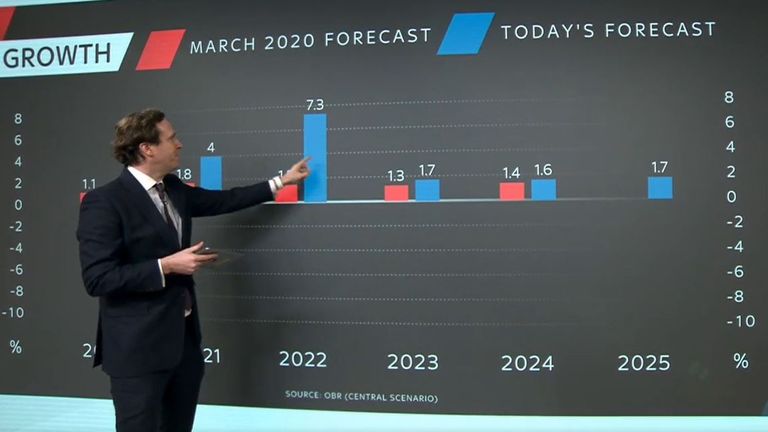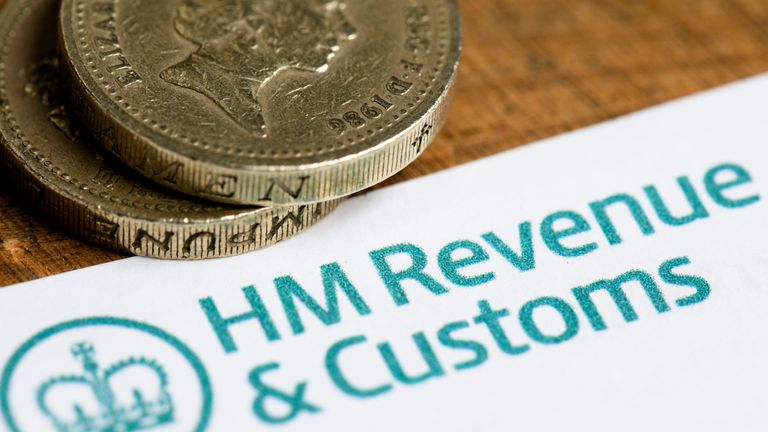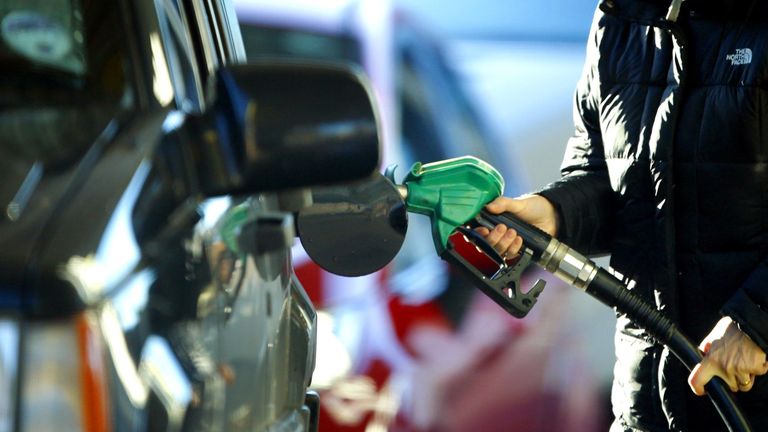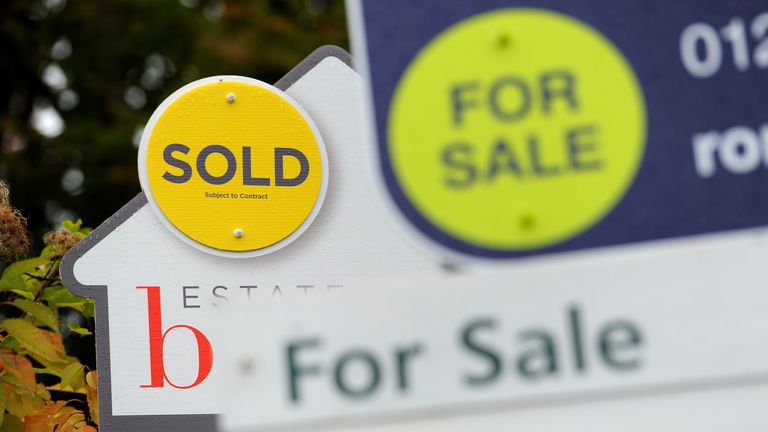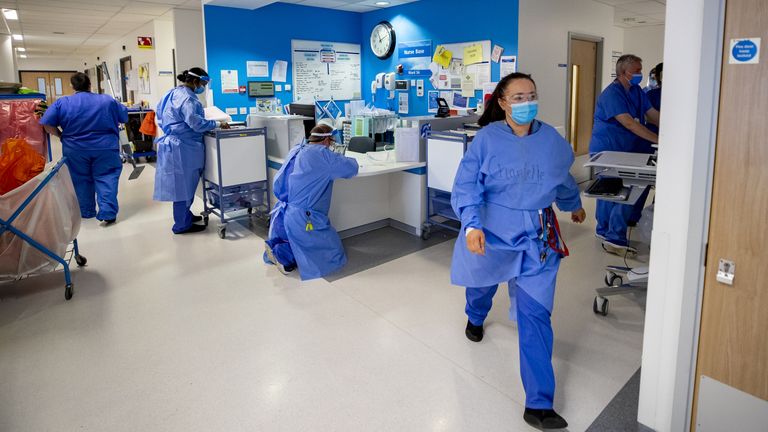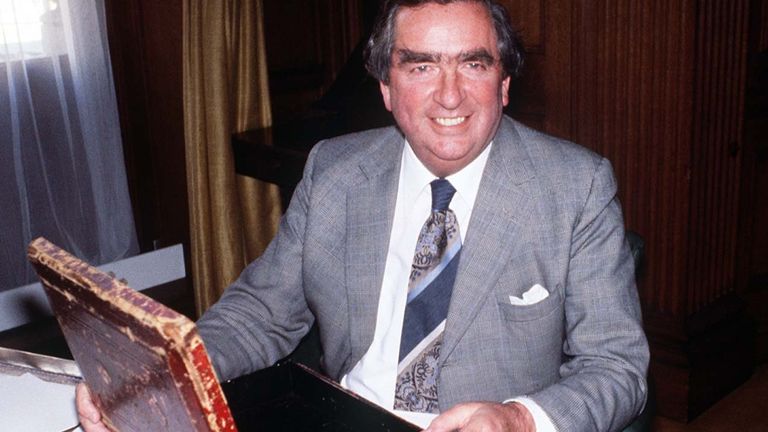During the last 17 months we have become almost inured to the terrifying increases in government borrowing incurred in grappling with the pandemic.
The government borrowed £303bn during the 2020-21 financial year, a peacetime record, equivalent to 14.5% of UK GDP.
Yet something interesting has been happening during the current financial year.
In each of the first four months government borrowing, while still high, has come in significantly below the levels forecast by the independent Office for Budget Responsibility (OBR).
The latest figures for the public sector finances, published today, revealed that the government borrowed £10.4bn in July.
Make no mistake, this is still a terrifyingly high number, equivalent to borrowing of nearly £233,000 every minute.
It was, however, £10.1bn less than in July last year – and also significantly lower than the £11.8bn that City economists had been expecting.
The figure means that, during the first four months of the current financial year, the government borrowed £78bn – some £26bn less than the OBR had been forecasting at this stage.
There are a couple of key points to make about the numbers.
First of all, July is usually a strong month for tax receipts and therefore the public finances, because it is one of two months in the year – the other is January – in which the deadline falls due for payments by those completing self-assessed tax returns.
It was not unusual, pre-pandemic, for the government to record a surplus during July.
That appears to have been a key factor this month.
The government enjoyed tax receipts of £70bn during July – up £9.5bn on the same month last year.
Behind that was a £3.7bn improvement in self-assessed tax receipts on the same month last year, when HMRC allowed tax payments to be deferred, chiefly to support the self-employed.
But it probably also reflects that the economy is starting to recover.
VAT receipts were up by £1.2bn on July last year, fuel duty was up by £400m – partly reflecting higher petrol and diesel prices – and regular income tax payments were up by £800m.
There was also a big jump in stamp duty receipts, which at £1.4bn were double the level they were in July last year, reflecting a rush to beat the deadline for the end of the temporary £500,000 nil-rate band.
Receipts from corporation tax, which is levied on company profits, also came in higher than the OBR had been expecting.
Secondly, government spending was lower, with the government shelling out £79.8bn during the month.
That was down £2.9bn on July last year and probably reflects that, not only did the government begin to taper away its furlough scheme, but also that there were fewer workers participating in the scheme.
Government spending on the furlough scheme during July was down £4.2bn on the same month last year while spending on the equivalent scheme for the self-employed was down £200m.
Worryingly, though, interest payments on the national debt came in at £3.4bn during the month – up £1.1bn on July last year.
As for the national debt, that stood at £2.216trn at the end of July, equivalent to 98.8% of GDP, which the Office for National Statistics (ONS) said was the highest it has been since March 1962.
The figures were welcomed by Rishi Sunak, the chancellor, who has been spelling out the need to restore order to the public finances.
He said: “Our recovery from the pandemic is well under way, boosted by the huge amount of support government has provided.
“But the last 18 months have had a huge impact on our economy and public finances, and many risks remain.
“We’re committed to keeping the public finances on a sustainable footing, which is why at the budget in March I set out the steps we are taking to keep debt under control in the years to come.”
That is not to say the chancellor faces anything other than a major challenge on that front.
Isabel Stockton, research economist at the Institute for Fiscal Studies said: “Even if, as recent revisions to economic forecasts suggest, some of this improvement persists the coming Spending Review will still require some very difficult decisions and, most likely, more generous spending totals than currently pencilled in by the chancellor given the myriad pressures on public services and the benefit system following the pandemic.”
That is why the government sought to cut its overseas aid budget by £4bn – but that is a comparatively small sum in the context of overall government finances.
Elsewhere the government has committed to raise public spending by £55bn this year to help clear backlogs in the NHS and in the courts system.
Most economists believe the ultimate bill will be higher.
That is why the chancellor is dropping heavy hints that a rise in state pensions this year under the “triple lock” – whereby the benefit increases by the highest of 2.5%, inflation or average earnings – is not going to happen.
Were the triple lock to apply, the state pension will have to match the rise in average earnings for May to July which, if as expected comes in at about 8% could cost the Treasury an extra £7bn a year.
Accordingly, Mr Sunak is arguing the lock should not apply.
He can reasonably point out that average earnings growth has been flattered by the fact that, a year ago, it was depressed by pay cuts, mass redundancies and the furlough scheme.
Yet the decision will be politically fraught.
The triple lock was a Conservative manifesto pledge and opinion polls suggest the public opposes scrapping it, even younger voters, despite the intergenerational unfairness implicit in the policy.
Mr Sunak is due already to announce the government’s three year Spending Review this autumn but there is also currently speculation in Westminster about the timing of the next budget.
Some Treasury officials would rather, it is said, have an early budget to nail down the government’s spending and taxation plans for the coming year in order to prevent the prime minister from making outlandish spending commitments ahead of the COP26 summit in November.
Others would prefer to postpone the budget until spring next year so the chancellor can better assess the strength of the recovery and the lasting damage done to the economy by the pandemic.
That happened last time when the budget was pushed back from autumn last year to March this year.
Making the chancellor’s job much harder would be an earlier than expected rise in interest rates.
This is due to the way the Bank of England’s asset purchase programme – quantitative easing in the jargon – works.
When the Bank buys a government bond, it credits the account of the seller, who effectively receives a deposit at the Bank.
These are known as “reserves” and the Bank pays interest on those reserves at Bank rate – currently 0.1%.
It means that the cost of QE rises if interest rates do.
All of this adds up to the most challenging situation any chancellor has faced since, arguably, Labour’s Denis Healey was forced in 1976 to seek a bail-out from the International Monetary Fund and possibly since the war.
